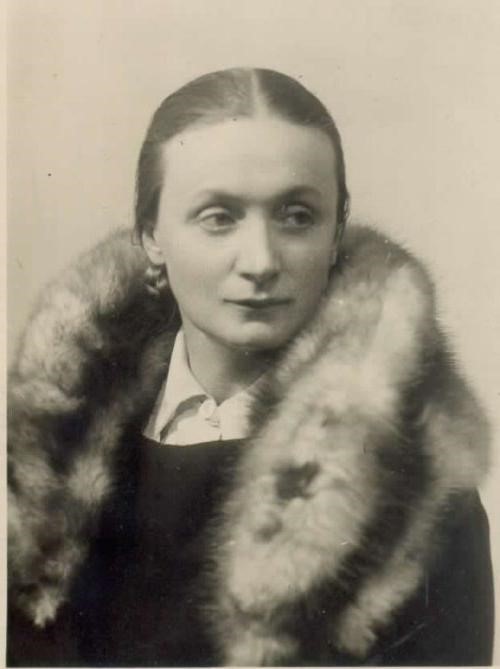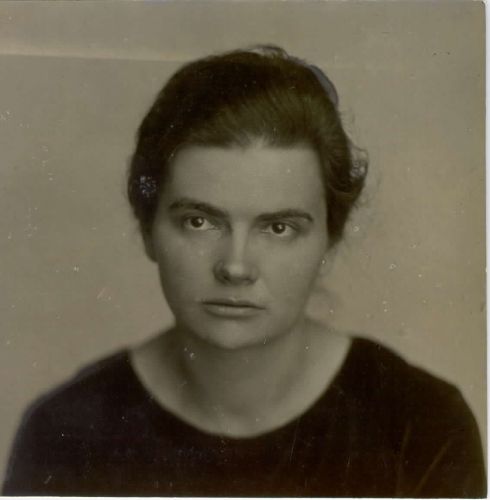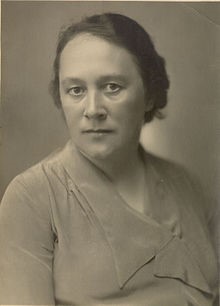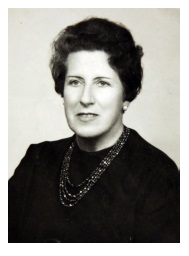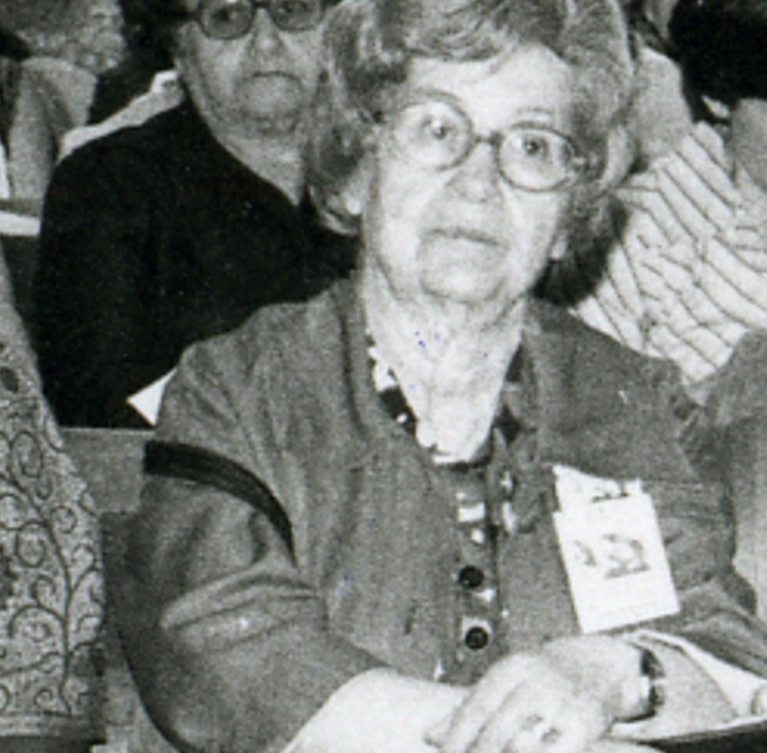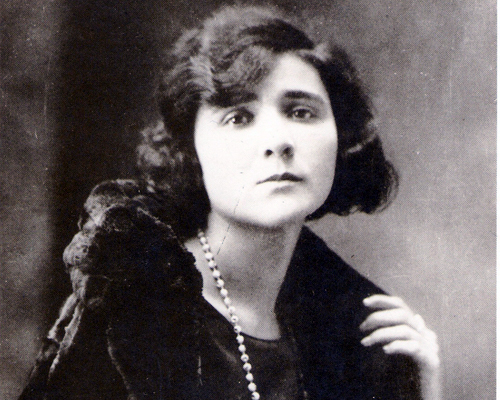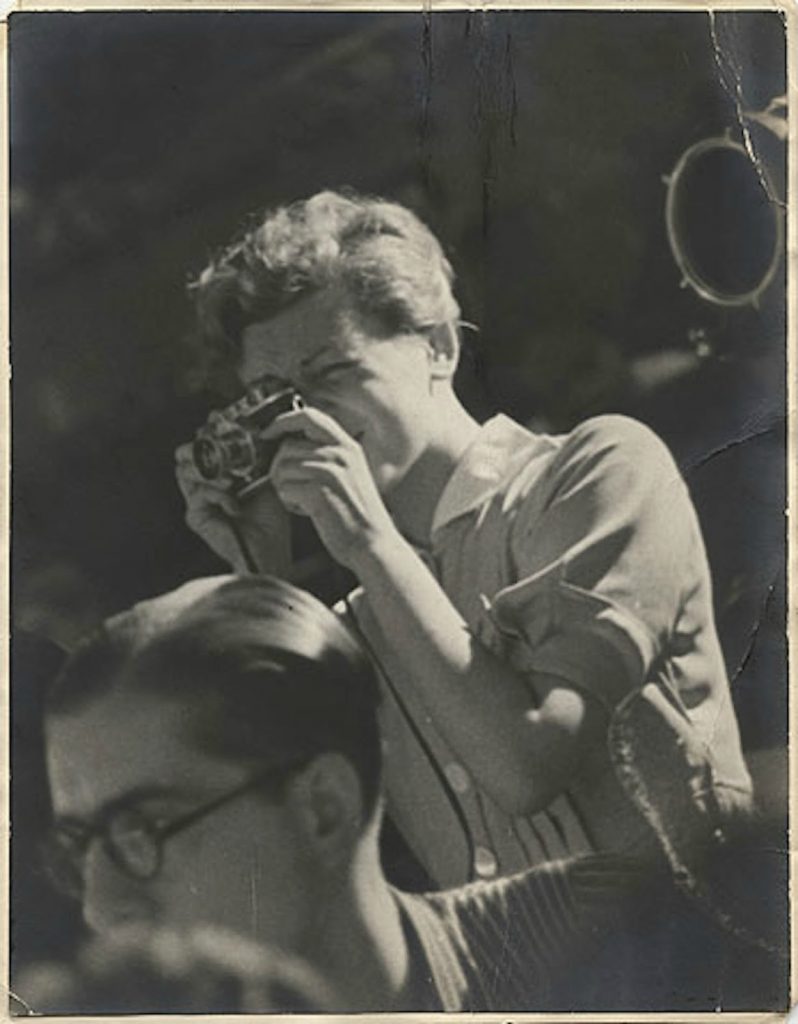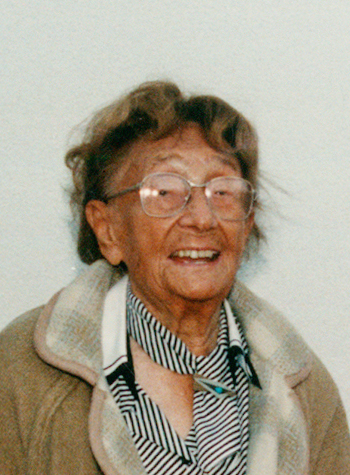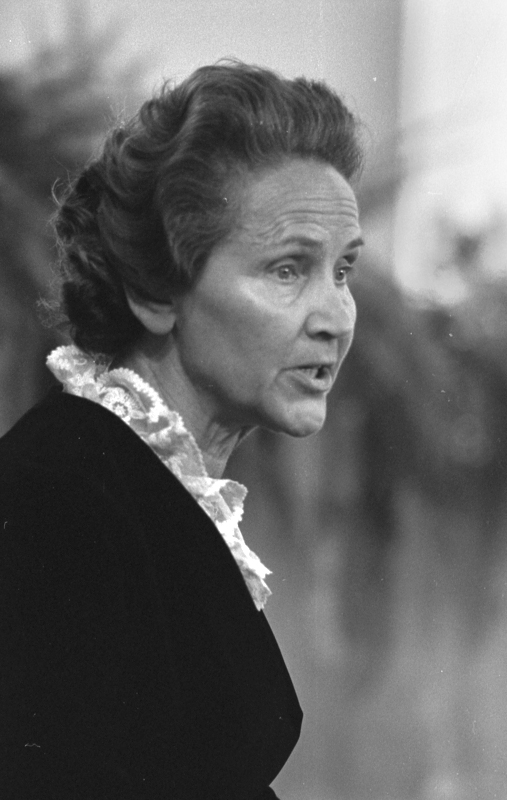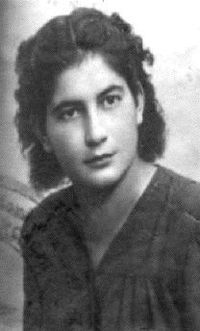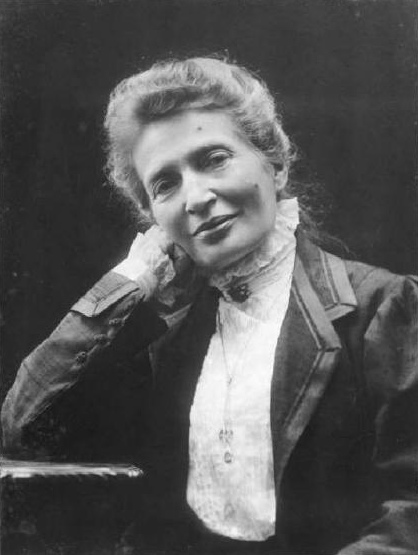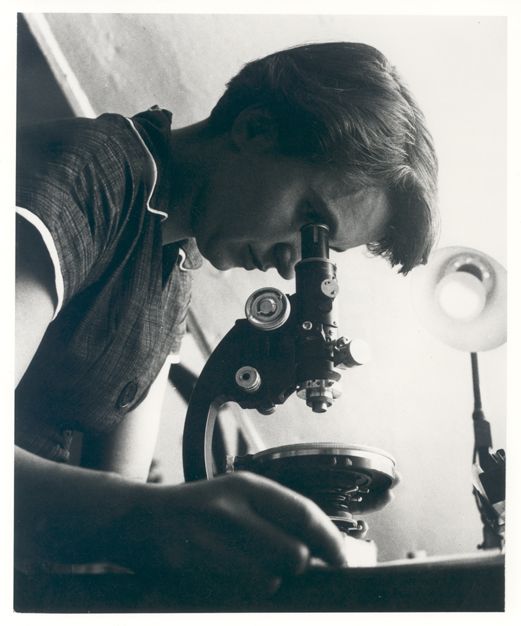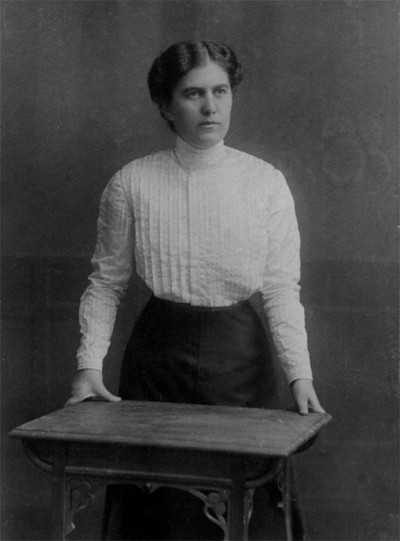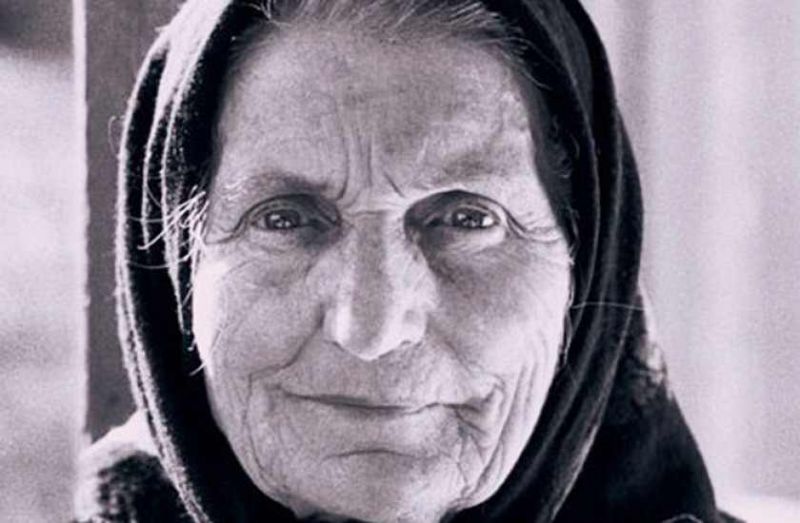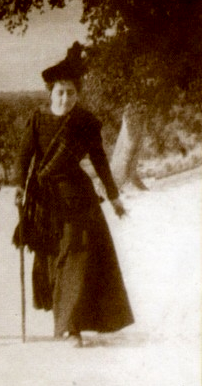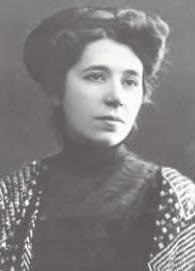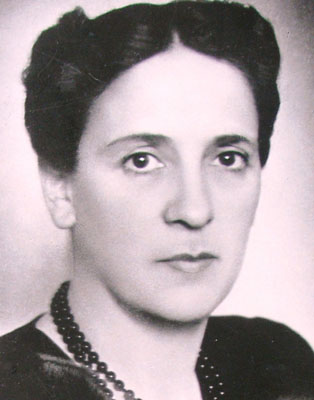
Florica Bagdasar, maiden name Ciumetti, was born in Monastir, now Macedonian territory, in a Macedo-Romanian family – Romanians originating from the South of Danube. Because of World War I, the family was forced to move a lot and after attending different secondary schools, she finally graduated in 1925 from the Medicine Faculty in Bucharest.
In 1927 she married a fellow doctor, Dumitru Bagdasar, with whom she soon left to study in the United States, at Harvard University. While there she received a Rockefeller scholarship and specialized in neurosurgery. After their return to Romania, they opened a neurosurgery clinic in Bucharest, which they managed as a team. Further down her professional road, she chose to specialize in infantile neuropsychiatry – a specialty that she would also promote during her teaching position – and elaborated several educational materials for children.
In 1946 she became the director of the newly founded Centre for Mental Hygiene in Bucharest, which she managed using the latest scientific standards and in which she gathered a strong multidisciplinary team to work for the development of children with mental deficiencies and behavioral problems. The same year her husband, who was the Minister of Health at the time, died and she was appointed to take his place in the Romanian official delegation at the Peace Conference in Paris – being the only woman in the delegation – and soon after that to occupy the role of Minister of Health in the same government until 1948. Thus, Florica Bagdasar was the first woman ever appointed to lead a ministry and be part of the Romanian government. It was no easy task, as the end of the war brought with it several crises, but she handled them all with great strength and wisdom. Nevertheless, in 1948 she was discharged from her government position with no explanation and a defamation campaign against her begun in the press – her modern ideas were considered a threat. She was gradually stripped of all her official functions, she lost all her incomes and she fell seriously ill.
The year 1957 seemed to offer her a second chance, as she was appointed to be the vice-president of the Red Cross organization in Romania and she occupied that position for several years. But her presence was rather a tolerated one until her death in 1978.
Her enthusiasm for new and revolutionary scientific and political ideas makes Florica Bagdasar an important promoter of change, but her achievements make her an ambassador of gender equality and anti-discrimination.

